
THE SYDNEY STATEMENT ON ANTI-PALESTINIANISM
September 2021
This statement is necessitated by decades of discrimination against the Palestinian people. Today this discrimination is reflected in Israel’s military occupation of Palestinian land, the containment of millions of Palestinians in refugee camps and the systematic attacks on the lives and property of people under occupation. Blatant prejudice is evident when Palestinians, engaged in a peaceful pursuit of nationhood, are depicted as terrorists, stigmatised on religious or ethnic grounds or characterised as an inferior people. Anti-Palestinian prejudice can also target media, institutions, students and academics if they criticise Israel or sympathise with the Palestinian people.
Anti-Palestinianism refers to language and practices that directs discrimination, racism, hatred or violence against the Palestinian people. This abuse can be verbal – explicit or implied – or reflected in violence. At its worst it denies the existence of the Palestinian people, an erasure that facilitates the perpetuation of violence against them and the denial of their right to self-determination.
Accusations of Anti-Semitism should not be used to shield Israel from criticisms of its oppression of Palestinian people and its defiance of international law.
Often the strongest supporters of Palestinians are reflective and liberal Jewish people. Peter Beinart, the editor to the US publication Jewish Currents, has written:
“…since pro-Israel organisations in the US have made it nearly impossible to discuss Israel-Palestine without addressing questions of anti-Jewish bigotry, Americans of all backgrounds have a responsibility to ask why even blatant expressions of anti-Palestinian bigotry pass almost unnoticed”. (Jewish Currents July 6, 2021).
To counter rising anti-Palestinianism are the following eight principles.
They are supported by irrefutable examples.
Combating Anti-Palestinianism
Principle One:
Anti-Palestinianism exists when Palestinian people are denied rights enshrined in the Universal Declaration of Human Rights and all other relevant instruments of international law including UN resolutions.
Principle Two:
The Palestinian people are entitled to their own state. A Palestinian State is consistent with international law, UN resolutions and over 30 years of international negotiations. This is reflected in the recognition of the State of Palestine by 139 member nations of the UN. Anti-Palestinianism is flagrant when this right is undermined by settlements and acts of annexation, both illegal under international law.
Principle Three:
Palestinians who have committed to non-violent means to nationhood are entitled to all legitimate means of protest and advocacy. Palestinian leaders deserve respect and engagement not isolation and boycott.
Principle Four:
As part of the international community, the Palestinian people have an inalienable right to membership of international organisations, in line with these organisations’ by-laws, including but not limited to the International Criminal Court, UNESCO, Interpol, International Court of Justice and others.
Principle Five:
Palestinians have the right, in accordance with international law, to engage in resistance against unlawful policies and practices of the Israeli occupation of Palestinian land. They are entitled to present to the world their case, supported by evidence and legal argument, that Israeli authorities have dispossessed, confined, forcibly separated, evicted and subjugated the Palestinian people.
Principle Six:
Noting the UN’s recognition of the State of Israel in 1949 was conditional on Israel’s acceptance of the Right of Return (Resolution 194, article 11), Palestinians are entitled to advocate their right of return as part of a just and lasting peace between the parties.
Principle Seven:
Palestinians have the right to their history including their right to commemorate Nakba Day and this must never in any way be denied them.
Principle Eight:
International law brands collective punishment a war crime. When a Palestinian is arrested or convicted of an offence by Israel authorities, there is no basis for Israel subjecting others to collective punishment.
Examples of Anti-Palestinianism
Anti-Palestinian bigotry is blatant but can also be subtle. Here are some examples.
- The rhetoric of Prime Minister Naftali Bennett provides striking examples of racist Anti-Palestinianism:
▪ During a parliamentary debate on releasing Palestinian prisoners, Bennett bragged about “killing Arabs.” “If we capture terrorists, we need to just kill them,” Bennett said in 2013. “I’ve already killed a lot of Arabs in my life, and there is no problem with that.”
▪ In 2018, he advocated for a shoot-to-kill policy for Palestinians crossing the Gaza border. When questioned about whether children would be part of this policy, he said, “They are not children — they are terrorists. We are fooling ourselves. I see the photos.”
▪ During a televised debate in 2010, Bennett said to Palestinian lawmaker Ahmad Tibi, “When you were still climbing trees, we had a Jewish state here.”
▪ In an interview with The New Yorker in 2013, Bennett reiterated his strong opposition to a Palestinian state. “I will do everything in my power, forever, to fight against a Palestinian state being founded in the Land of Israel,” Bennett said.
- Former Prime Minister Benyamin Netanyahu repeatedly asserted that there would never be a Palestinian state on his watch.
- Former Israeli Defence Minister Moshe Yaalon said, “The Palestinian threat harbours cancer-like attributes that have to be severed. There are all kinds of solutions to cancer. Some say it is necessary to amputate organs but at the moment I am applying chemotherapy.”
- Former Deputy Prime Minister Eli Yishi urged the army to “send Gaza back to the Middle Ages.”
- Former Israeli Premier Golda Meir declared this people has no existence. She said, “There is no such thing as Palestinians,… they do not exist.” This was a justification for seizing and occupying Palestinian lands to make way for Jewish immigrants. That ‘justification’ has been documented in detail in University of Exeter Professor Ilan Pappe’s ‘The Ethnic Cleansing of Palestine.’
- Sometimes racist contempt for Palestinians takes an extreme denial of their most basic rights, like the right to defend their own homes. In the 2017 incident when 15-year-old Palestinian Ahed Tamimi was detained for slapping an Israeli soldier invading her home. The then Knesset member and current Prime Minister Naftali Bennett declared then, “She’s a Palestinian. I would like to see her in jail for the rest of her life.” Israeli commentator Ben Caspit went further, saying, “I’d like to see this teenager sent to a dungeon to be tortured in such a fashion that no-one should witness it.”
- A violent expression of racial/ethnic hatred was embraced by former Israeli Minister of Justice Ayelet Shaked and current Israeli Minister of Interior who wrote that “the mothers (of Palestinians) should go to hell as should the physical homes in which they raised the snakes. Otherwise more little snakes will be raised there.”
- Some anti-Palestinianism assumes a genocidal character as when Rabbi Yitshak Shapira and Rabbi Yosef Elitzur wrote in their 2009 publication, ‘Torat Ha Melech’ that “non-Jews such as Palestinian Arabs are uncompassionate by nature and may have to be killed to curb their evil inclinations.”
- At a government-sanctioned Jewish supremacists rally in East Jerusalem on June 15, 2021, the chanting of ‘Death to Arabs’ and other hateful and violent rhetoric against Palestinians was followed by social media posts celebrating ethnic cleansing and murder.
- The Israeli Knesset (Parliament) narrowly passed a new bill on 19 July 2018: “Israel – the Nation State of the Jewish People” which has drastic implications for the political aspirations to equality of the Palestinian people. It acts as a roadmap for an exclusive Jewish State of Israel that enshrines discrimination against Palestinians by the Israeli Government. Section 1(c) of the new law states that “the right to self-determination in the state of Israel is unique to the Jewish people”. Section 7 of the new law states: “the State views the development of Jewish Settlements as a national value and shall act to encourage and promote its establishment and strengthening.”
- The “Nakba Law”, passed in 2011, authorises the Israeli Finance Minister to reduce state funding or support if an entity holds an activity commemorating Israeli Independence Day or the day of the establishment of the state as a day of mourning. For Palestinians and their supporters, this day marks the anniversary of the Palestinian Nakba (Catastrophe) in which over 700,000 Palestinians were forcefully displaced, 500 Palestinian villages were destroyed, and over 78% of Historic Palestine was seized by Jewish armed forces in order to establish the new Israeli State. The “Nakba Law” seeks to deprive Palestinians of their right to commemorate their own history.
- Palestinians are subject to restrictions on their movement, including access to their jobs, fields, schools and hospitals. This is done through an imposed permit regime, militarised check points, fixed and mobile roadblocks and Israel’s infamous separation barrier.
- In the Gaza Strip, Israel has imposed extreme limitations on the movement of people and goods, including food and medicine, despite an ongoing humanitarian crisis which has over half of Palestinians in Gaza living in poverty.
- Currently, under Israel’s occupation, the assembly of more than 10 people is deemed illegal. Civilians, including children, are arbitrarily arrested, held in detention, imprisoned without charge and subjected to mistreatment amounting to torture in violation of the Fourth Geneva Convention and international human rights law.
Email: info@arabfederation.org.au Web: www.arabfederation.org.au





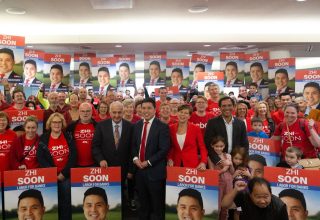
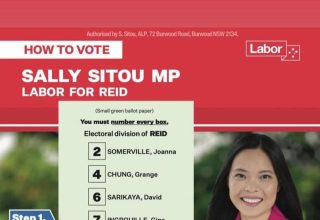

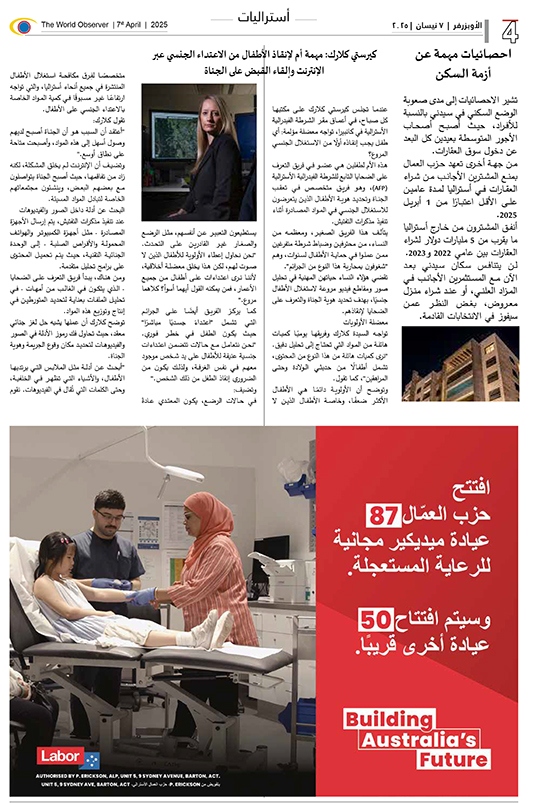
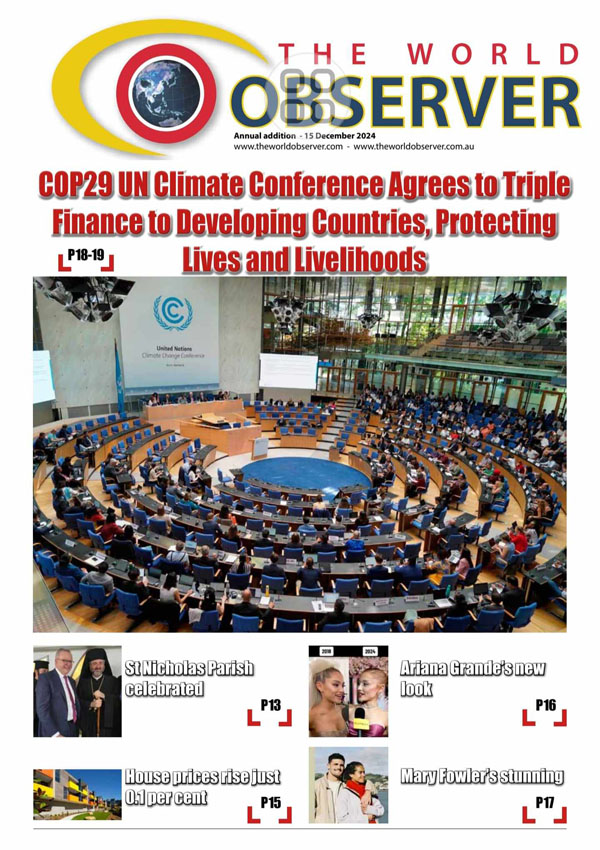
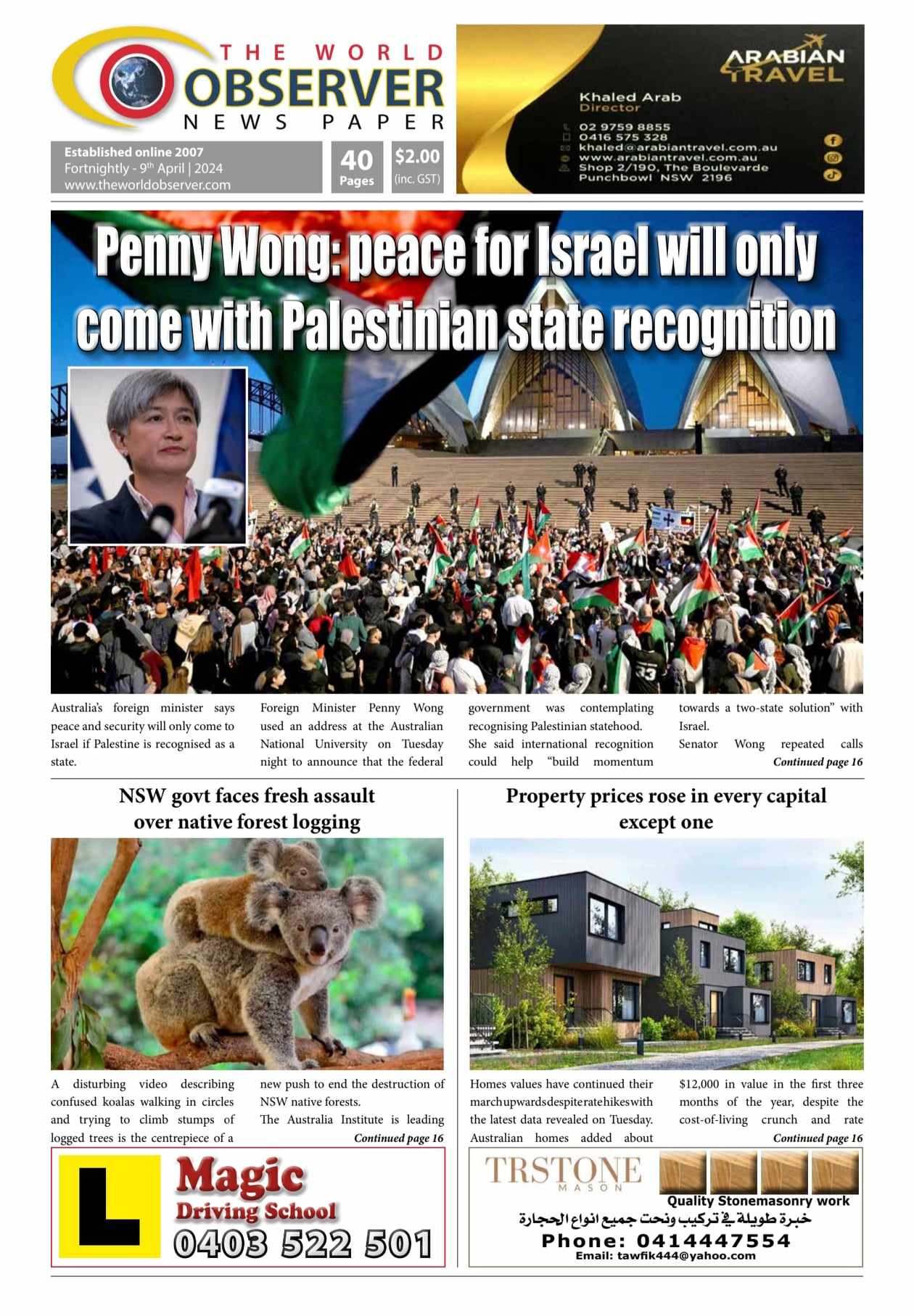

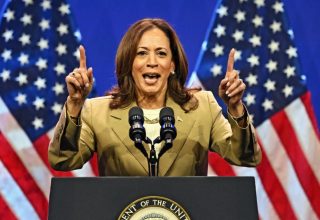



























 The World Observer Media produces a daily online newspaper, a daily Arabic online newspaper and a monthly printed Arabic/English magazine and a weekly printed Arabic/English newspaper.
The World Observer Media’s mission is to entertain and educate all generation from the Ethnic Communities in Australia, who are interested in local, national and foreign information.
The World Observer Media produces a daily online newspaper, a daily Arabic online newspaper and a monthly printed Arabic/English magazine and a weekly printed Arabic/English newspaper.
The World Observer Media’s mission is to entertain and educate all generation from the Ethnic Communities in Australia, who are interested in local, national and foreign information. 


